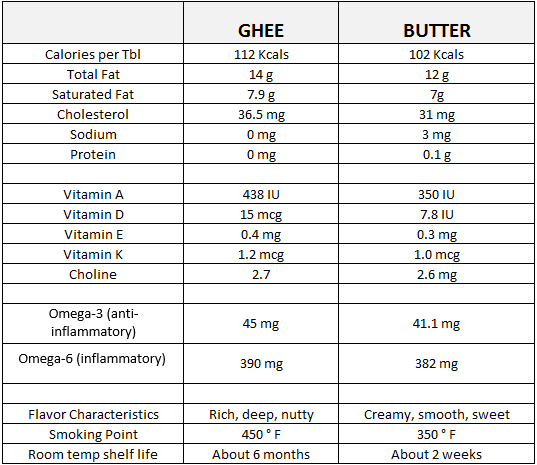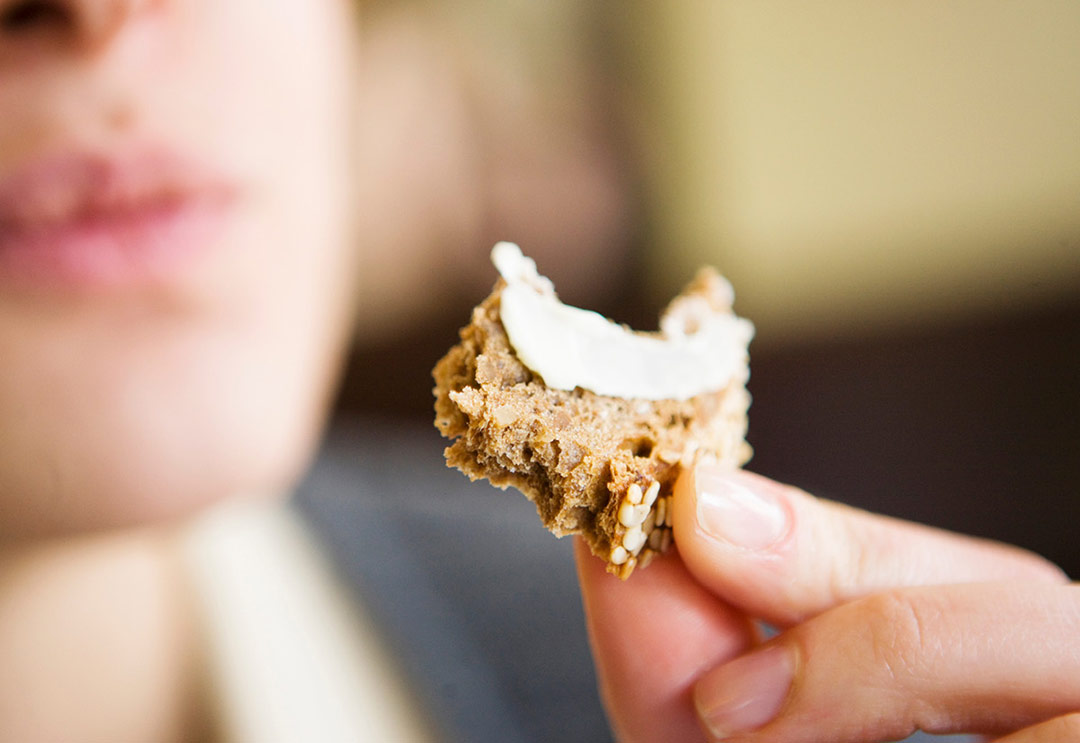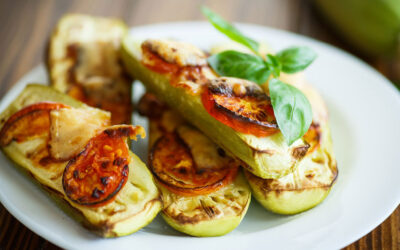By Elizabeth Parsen, Nutritionist at ClubSport San Jose
Ghee, like butter, has been pleasing the palates of human mouths for thousands of years. However, it wasn’t until recently that a focus on fats has created confusion about the differences and similarities between the two and their role in human health.
How Ghee and Butter Compare
Both ghee and butter traditionally come primarily from cow, buffalo, goat, or yak milk. Production for these fats begins with the same churning process to separate milk liquids (water) from milk fat (butter).
However, ghee is further processed by simmering the butter fat on low heat to remove residual water, milk proteins (casein and whey), and milk sugar (lactose). This process leaves only the golden liquid — which is a form of clarified butter — and is simmered until it achieves its distinctive nutty flavor. Thus, ghee (a Hindi word meaning “fat”) is actually isolated fat.
Which to use and why
Whether you choose to cook and eat with ghee or butter is based on personal preference and cultural upbringing. However, switching to ghee can yield a wide variety of benefits.

Benefits of Ghee
- Ghee’s medium chain triglycerides (MCTs) are easier to digest compared to butter’s long chains. MCTs do not contribute to cardiovascular disease; instead, they attract other types of fats to burn simultaneously, consequently burning fat-stored toxins that are normally difficult to extract! Although butter also contains MCTs, ghee contains about 10 percent or more of these fatty acids.
- Ghee has intestinal anti-inflammatory properties through an alkalizing action that enhances proper immune function. This is great news if you suffer from certain pancreatic disorders, leaky gut, ulcerative colitis, IBS, Crohn’s disease, or other digestive or auto-immune disorders. Studies show ghee can also reduce your triglycerides, increase your HDL cholesterol, promote gut health, and even deter cancer. Furthermore, it can aid in healthy insulin levels for better glucose management.
- If you suffer from digestive disorders, you likely have absorption issues. Switching from butter to ghee can increase your vitamin A, D, E, and K2 intake, as ghee has a high concentration of these fat-soluble vitamins. Vitamin K2 takes part in bone remodeling to help promote a healthy skeletal structure and prevent tooth decay and calcification of arteries.
- Ghee contains conjugated linoleic acid (higher concentrations when made from grass-fed cows), a fatty acid compound known to reduce cholesterol, blood pressure, inflammation, tumors, and body fat.
- If you’re lactose intolerant and/or sensitive to casein or whey, ghee is the perfect alternative. With the milk and sugar solids removed, most people don’t experience sensitivities to this luxurious fat.
- While butter can only be heated to about 350° F before it smokes, ghee can tolerate up to about 450° F due to lack of milk solids, which is what causes butter to burn.
- Note that ghee has a shelf life of about six weeks on the counter, whereas, according to the USDA and FDA guidelines, butter should optimally be left unrefrigerated for only a couple days, especially if it’s unsalted. Salted butter can last up to one week.
- Cooking with ghee gives foods a rich flavor. And, since it’s so rich, you can use less ghee than butter.
The Bottom Line
Ghee is a great addition to any kitchen repertoire; however, a diverse nutritional palate goes a long way toward keeping your body in tip-top form.

Meet Elizabeth Parsen
Elizabeth Parsen is a licensed nutritionist through the Academy of Nutrition and Dietetics and is also certified by the American College of Sports Medicine as both a personal trainer and an exercise physiologist. Her nutrition and fitness experience spans more than 20 years, during which time she has finely aligned her practice of nutrition and fitness to develop successful weight loss and wellness programs.







